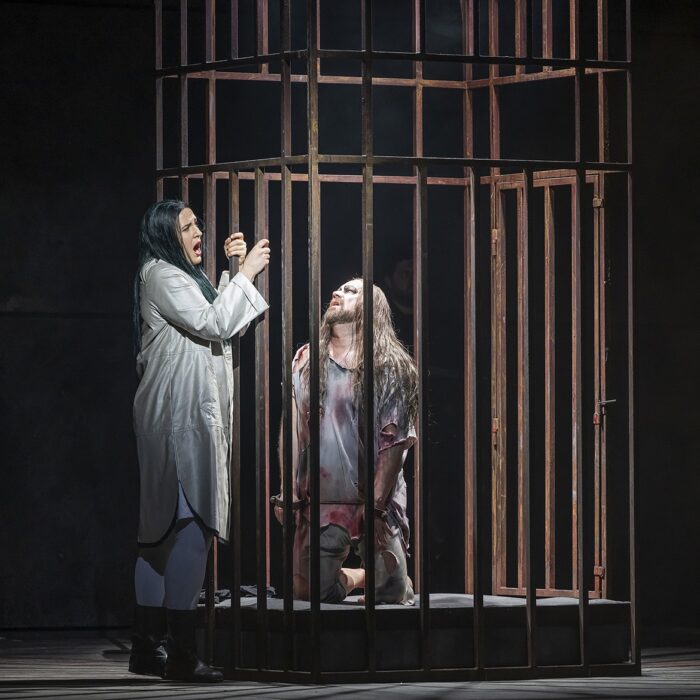
How The Beijing Music Festival Presented the First Musical Theatre Piece In Its History
By Francisco SalazarWhat do opera and musical theatre have in common? Do they belong in the same companies and spaces? Are they compatible?
These are questions that the classical music world has been contending with for the past decades. In a push to expand an audience and bring younger audiences, such companies as the Lyric Opera of Chicago and other smaller companies have allowed both art forms to come together under the same proverbial roof.
And this year the Beijing Music Festival pushed the boundaries by presenting “The Orphan of Zhao” by Stephin Merritt and Chen Shi-Zheng. The work was not only the first musical theatre piece to be showcased at the festival in its history, but also a new experience for Chinese audiences. As noted in a pre-concert lecture, Chinese audiences have not been exposed to the art form in a major way.
So when the piece was presented on Oct. 14, 2018, there was a huge risk involved.
Adapted from 13th Century play based on seventh-century events, the work was the earliest Chinese play to be known in Europe and which would obtain great popularity throughout history, inspiring operas and films. Shi-Zheng and Merritt’s version had originally been performed at the Lincoln Center Festival with more traditional Chinese music.
But this time there was a change.
Shi-Zheng wanted to give it a Rock ‘n’ Roll spin. As a result, Merritt composed a Rock ‘n’ Roll score that integrated the work with oriental choreography and Shakespearean monologues. For a Chinese audience expecting classical music at the festival, this would always be a challenge.
Actor David Patrick Kelly, who played the lead role, noted, “when I thought about it at first I thought it would be scary to do a Chinese play in English with Rock music.”
But the biggest question that Merritt and his team were faced with was how an audience used to Chinese opera and western opera would respond.
Merritt was frank about the idea of unifying these styles and the idea that opera and musical theatre can co-exist. “Beijing opera has existed since 1845 and Rock has existed for a third of that time. So by now, the two forms should be meeting each other or dating, if not married.”
Ultimately, the risk paid off as “The Orphan of Zhao” demonstrated that Chinese audiences are ready to integrate new art forms and cross boundaries into its traditional classical repertoire. The piece was met with cheers and incredible energy when it opened at the festival.
Categories
Special Features

